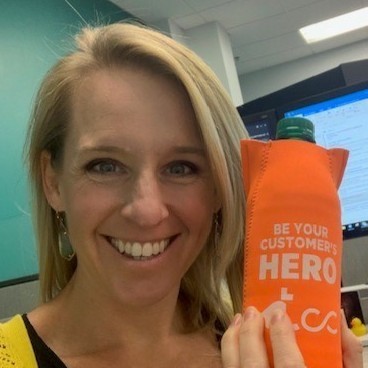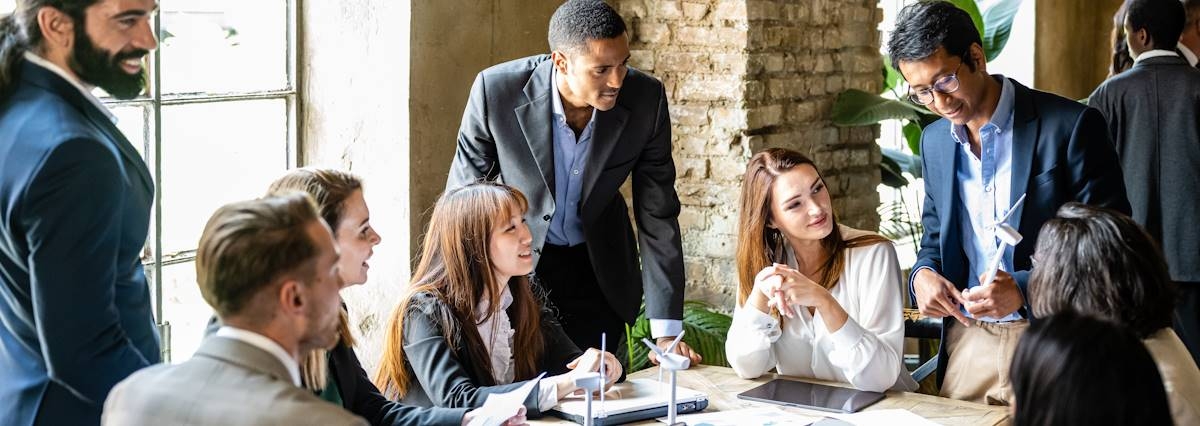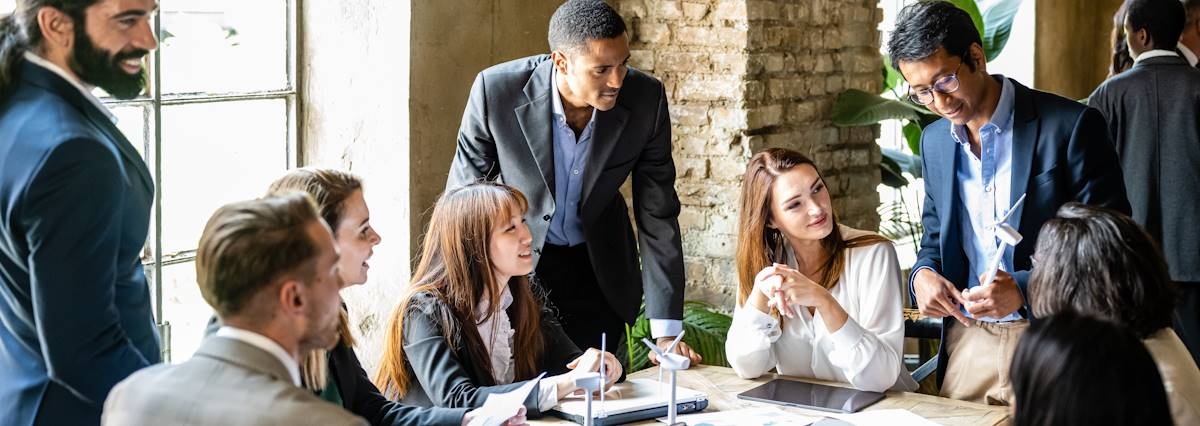Leadership is defined by effective interactions. Establishing a genuine connection, showing empathy – these are important factors in building successful relationships with your team. So why do we expect people not to be themselves?
Early on in my career, I was asked to bring ‘less of myself’ to meetings. But my energy and humour are powerful tools that are difficult for me to hide, and I don’t want to. They help me to motivate my colleagues. Bringing less of myself made me feel uncomfortable, and I don’t believe this helps anybody.
My passion for employee and leadership development started when I learned the importance of developing others. At my first full-time job after college, running an educational centre for children, I identified employee pain points and focused on improving them. I spent time understanding what they were struggling with, what developments would be beneficial. By the time I’d spent two and a half years doing this, our retention rate was the best we’d ever had.



















.jpeg)
.jpg)

